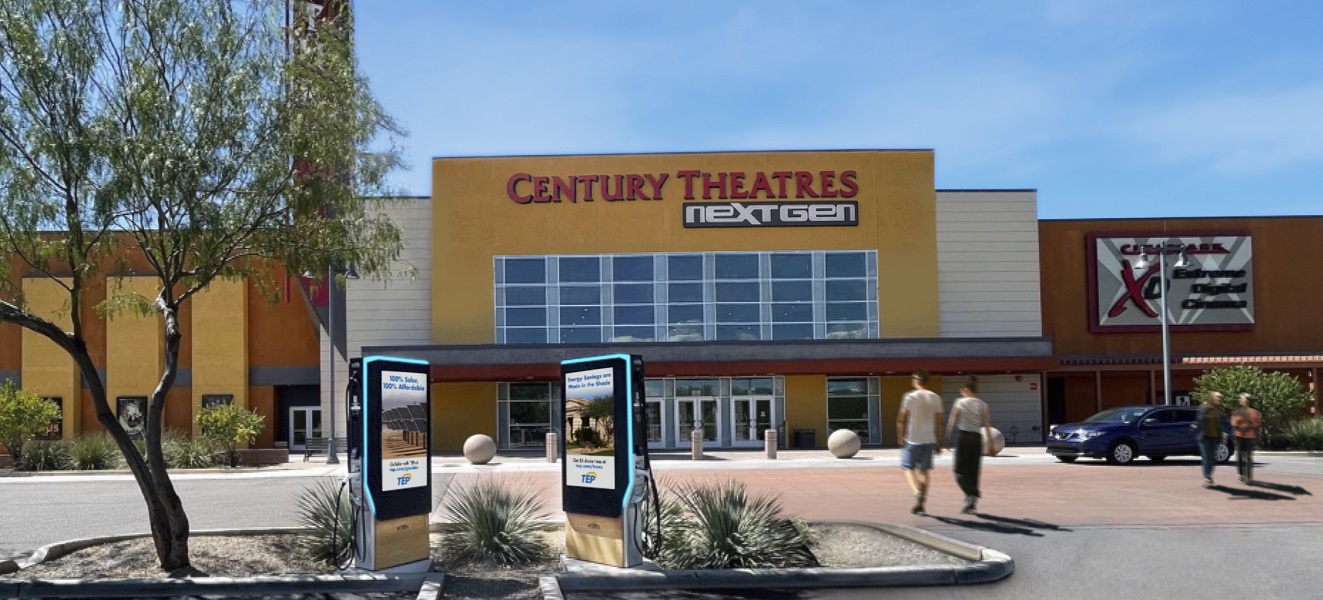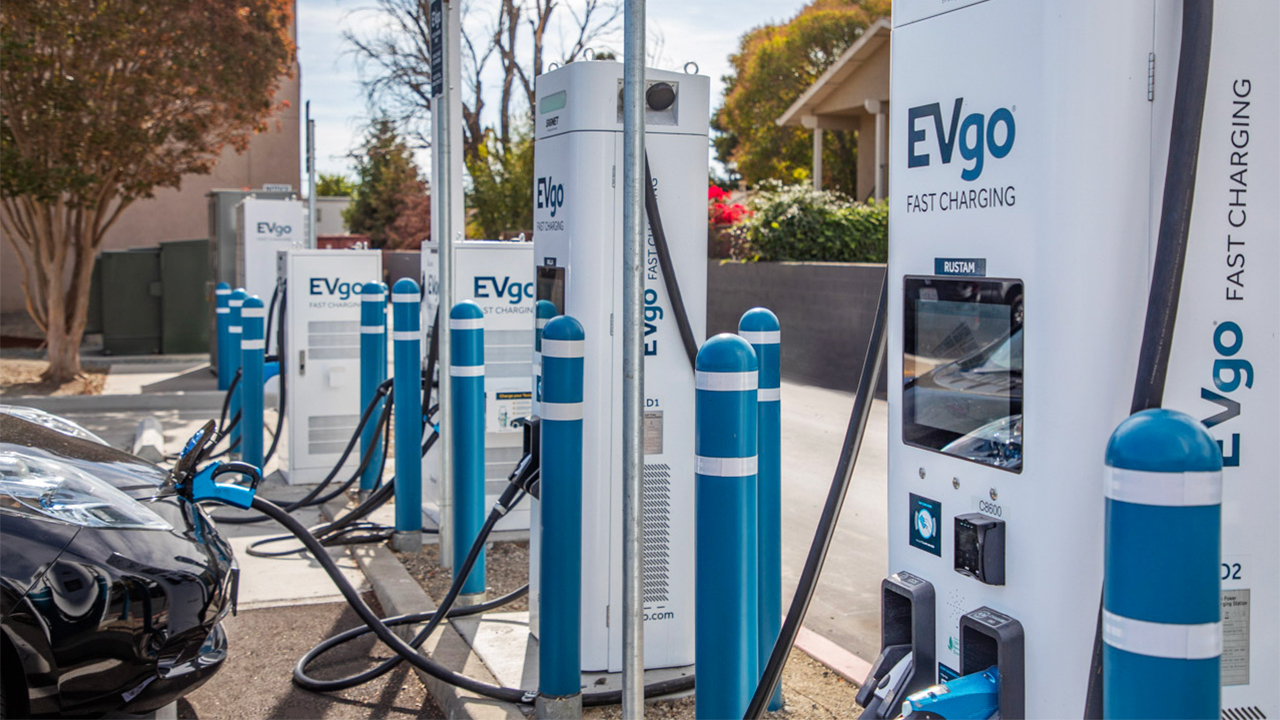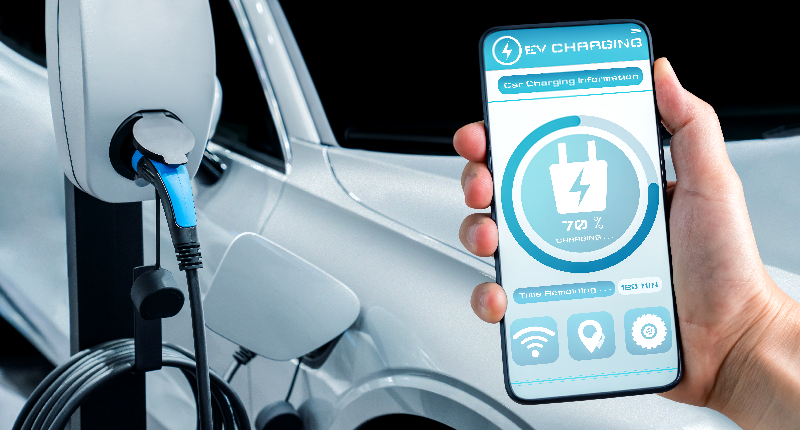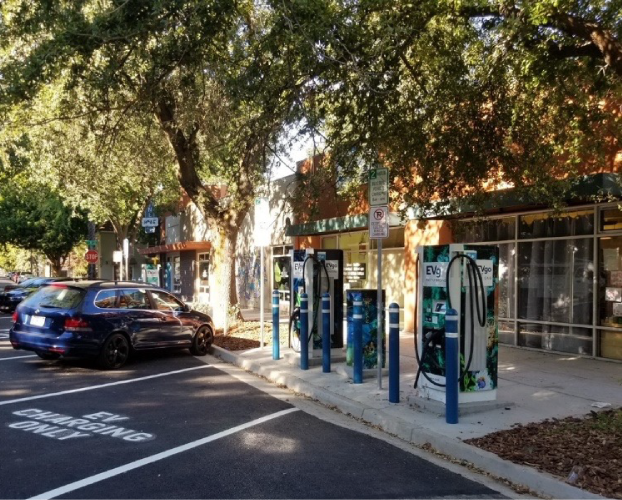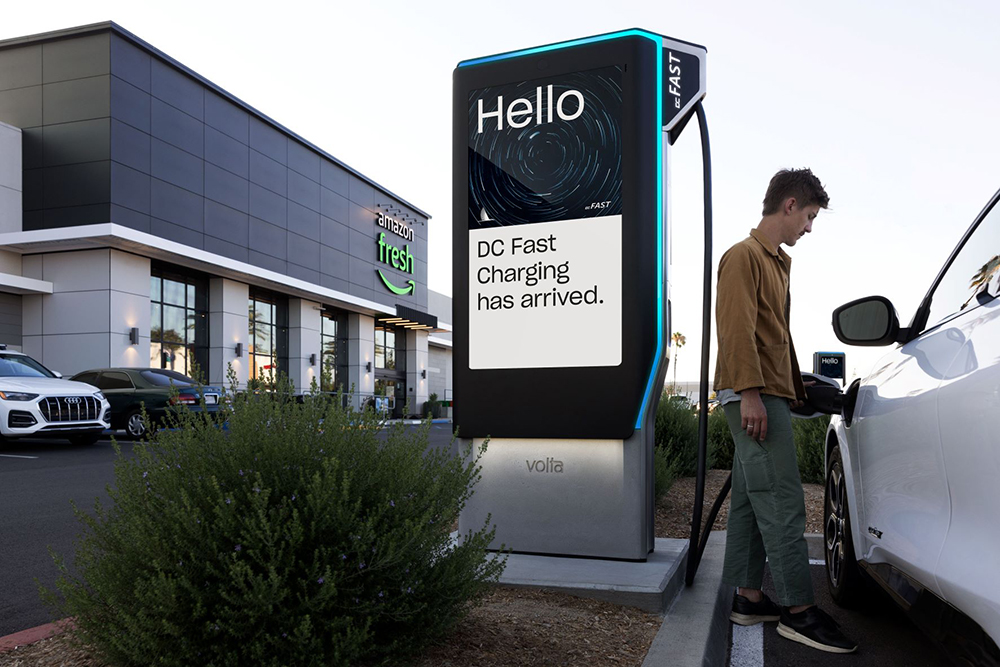
The project seeks to develop and commercialise the next generation of domestically manufactured DC fast charging (DCFC) technology in support of the federal government’s clean energy and climate priorities.
Through this project, Imagen and Volta seek to develop and commercialise chargers that are more flexible, more powerful, and more affordable. They will focus on three areas: scalable chargers, BIL-compliance, and visibility and access.
The project will utilise Imagen’s flexible, high-efficiency silicon carbide-based (SiC) power conversion platform to produce compact charging cabinets. These will enable affordable, easier-to-install, and reliable high-power fast chargers capable of charging multiple EVs simultaneously and being deployed in a market quickly. The flexible platform is expected to facilitate optional, convenient integration with energy storage and renewable energy, and supports vehicle-to-grid integration.
In terms of BIL-compliance, equipment is being engineered to deliver at least 150kW and be manufactured in the United States to comply with the Bipartisan Infrastructure Law’s (BIL) requirements. The technology will also fulfil network connectivity requirements. These will include plug and charge capabilities and communication through the Open Charge Point Protocol (OCPP) and Open Charge Point Interface protocol (OCPI), building upon Volta’s existing software implementation to allow flexible integration with roaming charging partners.
Volta will leverage its patented PredictEV infrastructure planning software to identify optimal sites for effective piloting and initial deployment based on local EV ownership, mobility trends, demographics, and income levels. With more than 3,000 stalls currently installed, many within disadvantaged communities, and numerous existing relationships with leading retail and commercial properties, Volta’s EV charging network will enable quick feedback loops during the testing phase.




